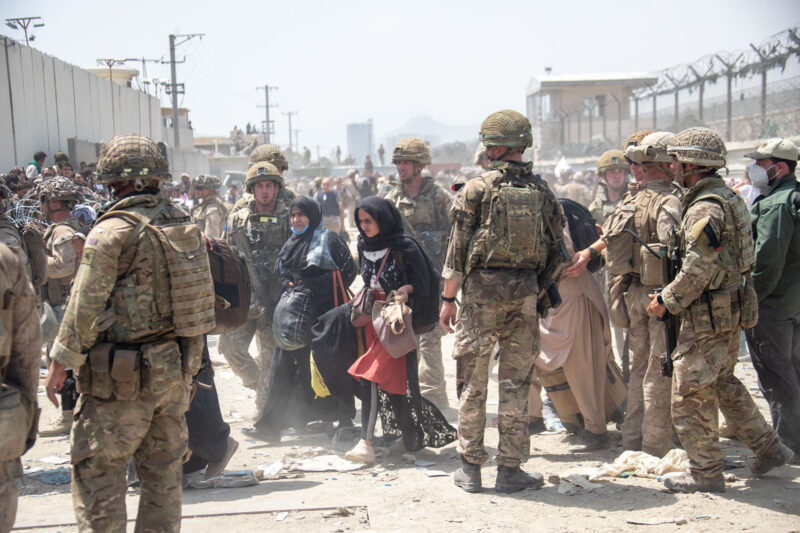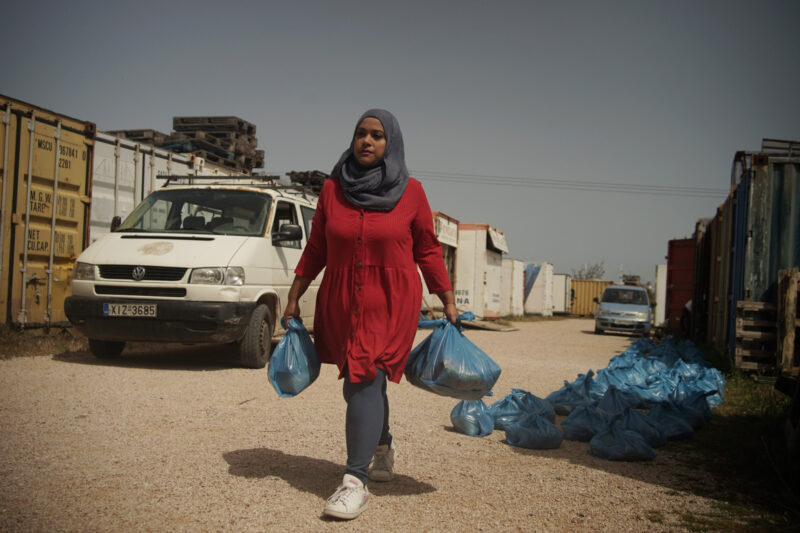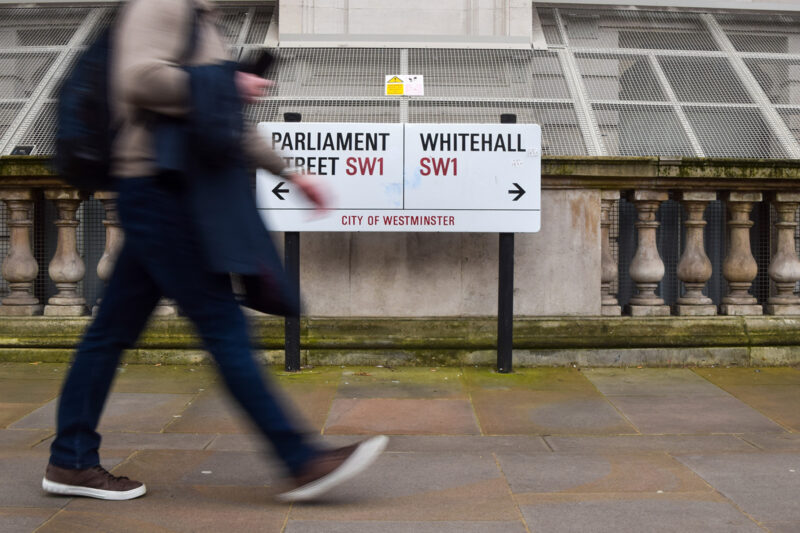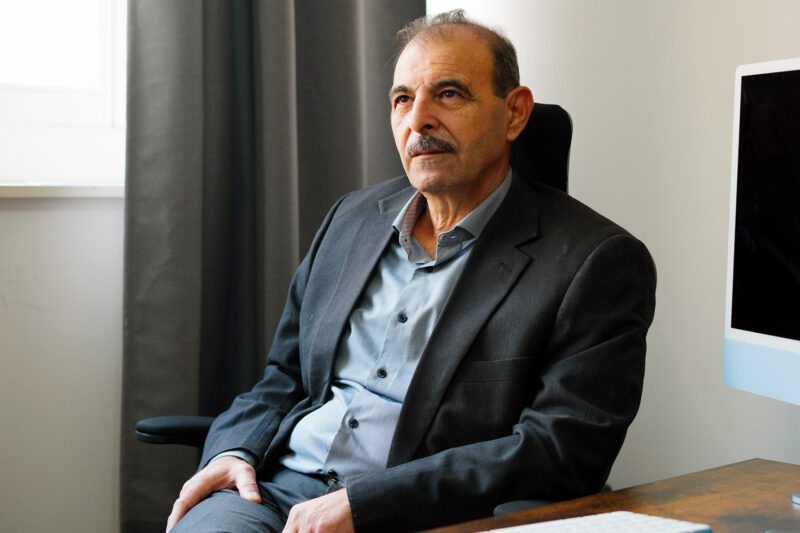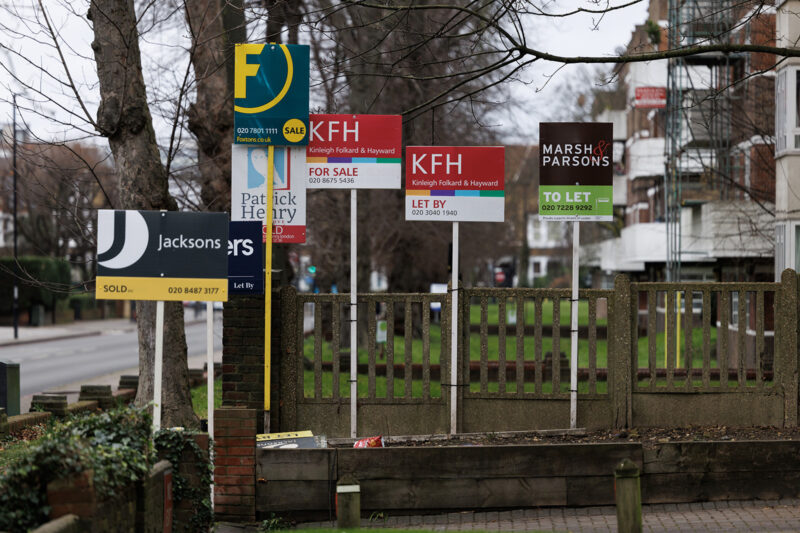Revealed: Hundreds of refugees from Afghanistan, Syria and Ukraine faced homelessness in UK last year
Afghan photographer who fled the Taliban was among those left with nowhere to stay after being kicked out of hotel accommodation
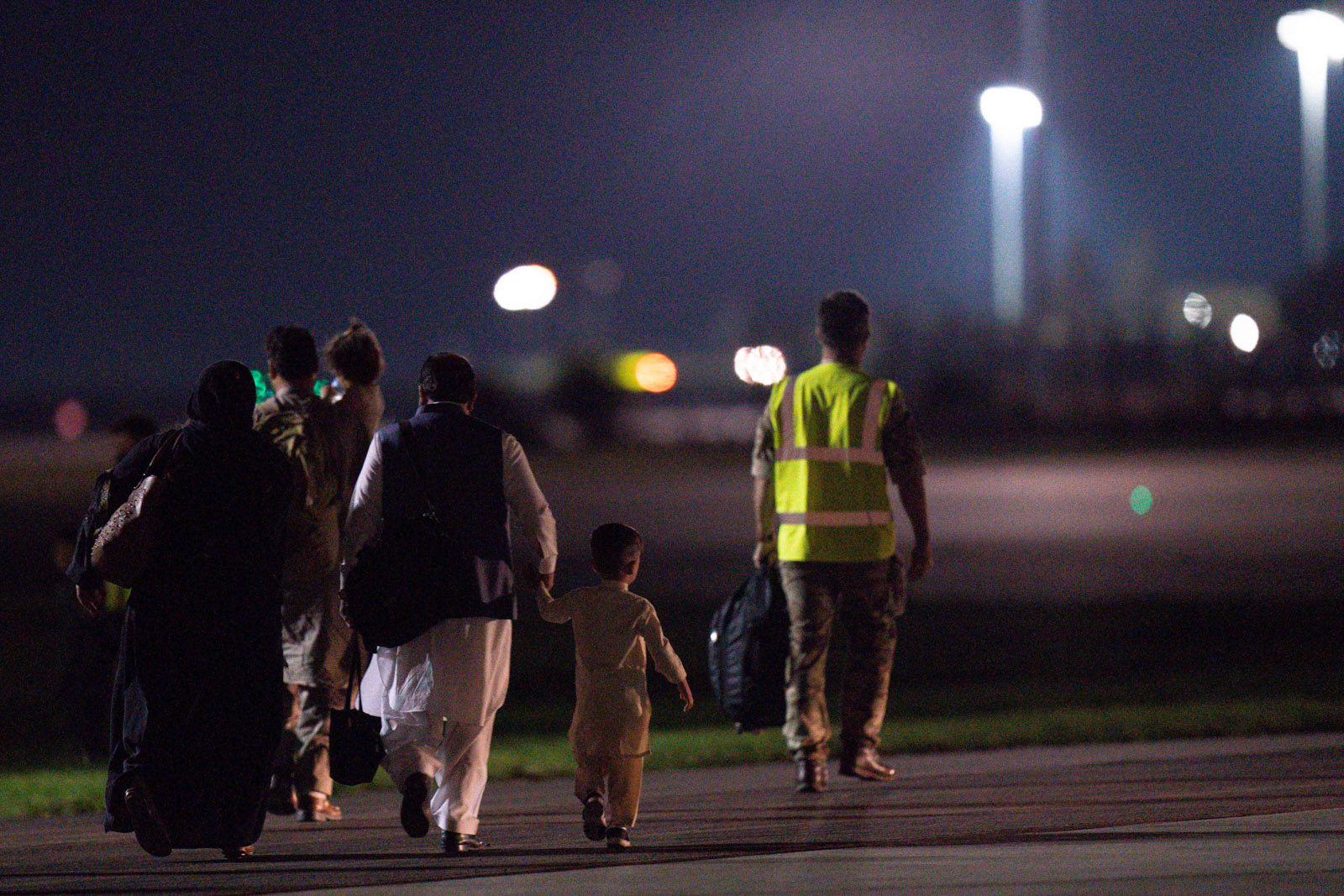
Almost 1,000 refugee families from Afghanistan, Syria and Ukraine faced homelessness in England in the year up to March 2024, according to figures exclusively obtained by Hyphen.
The data, released under freedom of information law, shows 560 Afghan, 310 Syrian and 80 Ukrainian households were assessed as being owed a homelessness duty by English councils between April 2023 and March 2024. The figures include people who were at risk of homelessness and people who were actually made homeless during this period.
They are among more than 10,000 refugee households who faced homelessness in England during the same period. The Ministry of Housing, Communities and Local Government does not record individual nationalities for most refugees who face homelessness, but holds data for Afghans, Syrians, Ukrainians, Croatians, Irish people, and people from Hong Kong.
Campaigners say it is likely in part to be a product of the then Conservative government’s drive to clear the asylum backlog and reduce the use of hotels as temporary accommodation last year, with the sharpest increase in the figures seen after October 2023. Although a key rule change reducing the amount of time refugees had to find their own housing was quietly reversed in December, 3,530 refugee households were assessed as homeless in the first quarter of 2024 — more than twice the figure from the same period in 2023 (1,460), when not a single Afghan, Syrian or Ukrainian refugee was assessed as homeless.
“If you consider the vulnerable situation that people are already in, the small amount of money or resources they may have to find housing, and a rental market that is extremely hostile, it’s an impossible situation that people were put in by the last government,” said Ravishaan Rahel Muthiah, communications director at the Joint Council for the Welfare of Immigrants, a charity that offers legal advice.
“We work with local councils to try to get people rehoused quickly, but it’s not always possible, and people do end up homeless.”
The change, which came into effect in August 2023, effectively reduced the “notice to quit” period — the time refugees are given to find a new home before they are evicted from temporary Home Office accommodation — from 28 days to as little as a week. Two months later, the government stepped up efforts to clear the asylum backlog and move asylum seekers out of temporary accommodation so as to “return hotels to their proper use by communities”.
Though the government restored the “notice to quit” period in December 2023, campaign groups say 28 days still isn’t long enough for newly recognised refugees to find housing.
The No Accommodation Network (Naccom), which has 150 member organisations working to support asylum seekers, refugees and migrants with no access to public funds, is supporting calls to extend this period to 56 days.
“In those 28 days, you’re expected to find employment and sort onward accommodation and access to benefits like universal credit,” said Hannah Gurnham, the group’s external affairs manager. “That’s a lot that needs to happen in a very short period.”
Photographer Amir Ibrahimi, 25, was among those evacuated to the UK from Afghanistan in August 2021 when the Taliban returned to power. Ibrahimi was forced to flee his homeland after he was caught taking photographs of Taliban officials.
Ibrahimi arrived under the Afghan Citizens Resettlement Scheme. People who arrived under this scheme were given indefinite leave to remain and had the right to work. Initially, he was allocated temporary accommodation in a hotel in Southend, Essex, where he lived for more than two years.
But he was given seven days’ notice to leave the hotel in February 2024, ending up homeless for two months. Though the council did offer him a flat, Ibrahimi said it was in an uninhabitable condition.
“It was really, really old,” he said. “The floor was completely soaked, and it smelt badly of damp. The bathroom and the kitchen were in an awful condition. Even the balcony was flooded.”
Ibrahimi, who works as a freelance production and marketing assistant in London, spent the next two months moving between various Airbnb properties, which he paid for himself using the few savings he had. Eventually, Southend council found him a flat in Leyton, east London.
“Finally, after three years, I feel settled,” Ibrahimi said. “I have a place to cook, where I can invite my friends. I have privacy, freedom and responsibility for my own life. I can’t stress enough how much it means to have your own space.”
While the Labour government has pledged to clear the asylum backlog and fast-track decisions, charities are calling for a “duty to refer” to be placed on the Home Office. This would mean that when a person at risk of homelessness is asked to leave Home Office temporary accommodation, the Home Office has a duty to refer them to the local council.
“As it stands, it’s on the person claiming asylum to take charge and to be aware of their risk of homelessness and then seek help accordingly. People coming out of the asylum system already have so much to navigate. It shouldn’t be that way,” Gurnham said.
Since 2018, around 260 charities, trade unions and faith groups have been campaigning to overturn the government’s ban on the right to work for asylum seekers. Naccom, which is part of the coalition, said this was critical to reducing people’s risk of homelessness.
Asylum seekers currently get £49.18 a week to cover food, clothing and toiletries. This is reduced to £8.86 if their accommodation provides meals.
Gurnham said: “You’re not allowing people to work and provide for themselves, and you’re also giving them very little financial assistance. It means they have little to no control over their own lives.
“Allowing people to work would empower people to support themselves, and it would reduce the risk of destitution. There are so many wonderfully skilled people who want to contribute to communities and want to move on with their lives.”
A spokesperson for the Home Office told Hyphen: “This government is determined to restore order to the asylum system, is working to make sure individuals have the support they need following an asylum decision and helping local authorities to better plan their assistance with homelessness.”
Additional reporting by Ramzy Alwakeel
 Newsletter
Newsletter



